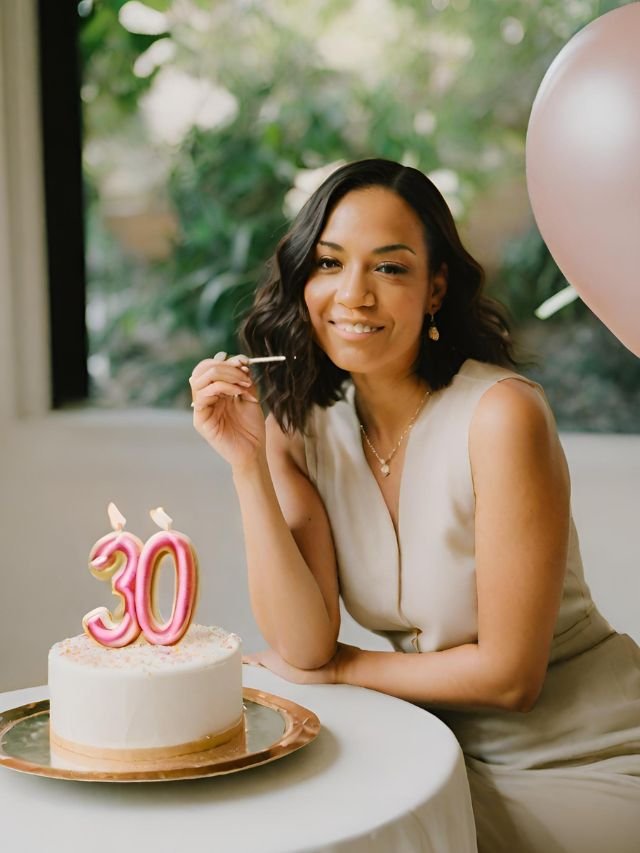Are you eager to start your own photography business but don’t have the funds to invest? In our latest blog post, we’ll share valuable insights and practical tips on how to launch a successful photography business with minimal financial resources. Stay tuned for expert advice!
Bootstrapping Your Way to Success: Starting a Photography Business with Zero Budget
Bootstrapping Your Way to Success: Starting a Photography Business with Zero Budget requires creativity, resourcefulness, and determination. While it may seem challenging, it is possible to launch and grow a successful business in the field of photography without a substantial initial investment.
One key strategy for bootstrapping your photography business is to leverage your existing resources and network. Utilize the equipment you already have, whether it’s a basic camera or even just a smartphone with a good camera. Focus on honing your skills and delivering high-quality work to attract clients and build your portfolio.
Another important aspect is to tap into your personal and professional network for support. Offer your photography services to friends, family, and acquaintances at discounted rates or in exchange for referrals and testimonials. Word-of-mouth marketing can be a powerful tool for growing your client base organically.
Additionally, consider collaborating with other professionals in related fields, such as event planners, small businesses, or non-profit organizations. By offering your photography services in exchange for exposure or mutually beneficial partnerships, you can expand your reach and establish credibility within your niche.
Lastly, take advantage of online resources and social media platforms to market your services and connect with potential clients. Create a professional website or portfolio to showcase your work, and use social media channels to share your projects, engage with followers, and attract new leads.
By adopting a bootstrapping mentality and being willing to put in the hard work and dedication required, you can start and scale a successful photography business without breaking the bank. Remember, success in the world of business photography is not just about the equipment you use, but the creativity, passion, and entrepreneurial spirit you bring to the table.
95 Ways to Get PAID With a Camera
Why 99% of PHOTOGRAPHERS Can’t Make MONEY (and how to fix it)
How much does it cost to start a small photography business?
Starting a small photography business can vary in cost depending on the equipment and resources you already have. However, here are some rough estimates of the expenses you might encounter:
1. Camera and lenses: A good quality camera body can cost anywhere from $500 to $3000, while lenses can range from $100 to $2000 each.
2. Lighting equipment: Basic lighting kits can start at around $200, but higher-quality lighting setups can cost upwards of $1000.
3. Editing software: Programs like Adobe Photoshop and Lightroom typically require a monthly subscription, which can range from $10 to $50 per month.
4. Website and marketing: Building a professional website can cost anywhere from $100 to $1000, and marketing expenses will depend on your strategy.
5. Business licenses and insurance: Costs for business licenses and insurance can vary depending on your location, but budgeting a few hundred dollars for these expenses is a good estimate.
Overall, starting a small photography business could cost anywhere from $2000 to $10,000 or more, depending on your specific needs and goals. It’s important to create a detailed business plan and budget to ensure you have a clear understanding of your financial requirements.
How can a beginner start a photography business?
To start a photography business as a beginner in the field of Business Photography, follow these steps:
1. Develop your skills: Focus on improving your photography skills by practicing regularly and learning from online resources, workshops, and tutorials.
2. Define your niche: Identify the specific area of Business Photography you want to specialize in, such as corporate headshots, product photography, or event coverage.
3. Create a portfolio: Build a strong portfolio showcasing your best work in Business Photography. This will help attract potential clients and showcase your style and expertise.
4. Set up your business: Register your business, choose a business name, and create a professional website and social media accounts to showcase your portfolio and reach potential clients.
5. Invest in equipment: Invest in high-quality photography equipment, including a camera, lenses, lighting, and editing software, to ensure you can deliver professional results to your clients.
6. Market your services: Promote your business through online marketing, networking with other professionals, attending industry events, and collaborating with businesses in related fields.
7. Provide exceptional customer service: Build strong relationships with your clients by delivering high-quality work on time, communicating effectively, and going the extra mile to exceed their expectations.
By following these steps and staying dedicated to improving your craft, you can successfully start and grow your Business Photography business as a beginner.
How much should I charge as a beginner photographer?
As a beginner photographer in the field of Business Photography, it’s important to establish your rates based on your skill level, equipment, and the market demand in your area. Here are some tips to help you determine how much to charge:
1. Research the Market: Start by researching what other Business Photographers in your area are charging for similar services. This will give you an idea of the standard rates and help you understand the competition.
2. Calculate Your Costs: Consider your expenses such as equipment costs, travel expenses, editing software subscriptions, and any other overhead costs. Make sure to factor in these costs when determining your pricing.
3. Set Your Hourly Rate: Determine how much you want to earn per hour of shooting and editing. Factor in the time spent communicating with clients, preparing for the shoot, and post-processing the images.
4. Offer Package Deals: Consider offering package deals that include multiple services such as headshots, team photos, or event coverage. This can help attract clients and increase your overall revenue.
5. Consider Your Skill Level: As a beginner, you may want to set your rates slightly lower than more experienced photographers to attract clients. Once you gain more experience and build a strong portfolio, you can gradually increase your prices.
Remember, it’s essential to value your work and not underprice yourself. While it’s okay to start with lower rates as a beginner, make sure to regularly review and adjust your pricing as you gain more experience and skills in the industry.
How can beginner photographers earn money?
There are several ways beginner photographers can earn money in the Business Photography field:
1. Freelance Work: Beginners can start by offering their services as freelance photographers. They can specialize in areas such as corporate events, headshots, product photography, or real estate photography. Websites like Upwork or Freelancer can be good platforms to find clients.
2. Stock Photography: Beginners can upload their photos to stock photography websites like Shutterstock or Adobe Stock. This way, they can earn money each time someone downloads their images.
3. Photography Classes: If a beginner has a good understanding of photography fundamentals, they can offer classes or workshops to beginners or enthusiasts who want to improve their skills. Online platforms like Udemy or Skillshare can be great places to host these classes.
4. Social Media Promotion: Beginners can showcase their work on social media platforms like Instagram or Facebook to attract potential clients. By building a strong online presence and engaging with followers, they can eventually monetize their profiles through sponsored posts or collaborations.
5. Assisting Established Photographers: Another way for beginners to gain experience and earn money is by assisting established photographers. This can provide valuable insights into the industry and potentially lead to new opportunities.
6. Event Photography: Beginners can offer their services for events such as weddings, conferences, or parties. By delivering high-quality images and providing excellent customer service, they can build a reputation and attract more clients through word of mouth.
Overall, consistency, quality, and networking are key elements for beginners to establish themselves and earn money in the Business Photography industry.
Frequent Questions
How can I launch a photography business without any initial capital?
You can start a photography business without any initial capital by: offering your services to friends and family for free or at a discounted rate to build your portfolio, utilizing social media to promote your work and attract clients, and reinvesting any profits back into your business to gradually upgrade equipment and marketing efforts.
Is it possible to build a successful photography business from scratch with limited financial resources?
Yes, it is possible to build a successful photography business from scratch with limited financial resources by leveraging creativity, networking, and utilizing cost-effective marketing strategies.
What are some creative ways to kickstart a photography business on a shoestring budget?
Utilize social media platforms to showcase your work and attract potential clients, collaborate with local businesses for mutually beneficial projects, offer discounted rates for early clients to build a portfolio, and network with other professionals in the industry for referrals and partnerships.
In conclusion, starting a photography business with no money is challenging but not impossible. By leveraging your skills, creativity, and resources smartly, you can kickstart your business on a shoestring budget. Remember, success in the photography industry requires patience, persistence, and a proactive approach to building your brand and client base. With determination and a strong business strategy, you can turn your passion for photography into a successful business venture. Start small, think creatively, and never underestimate the power of networking and marketing in establishing your presence in the competitive world of business photography. Good luck on your entrepreneurial journey!







